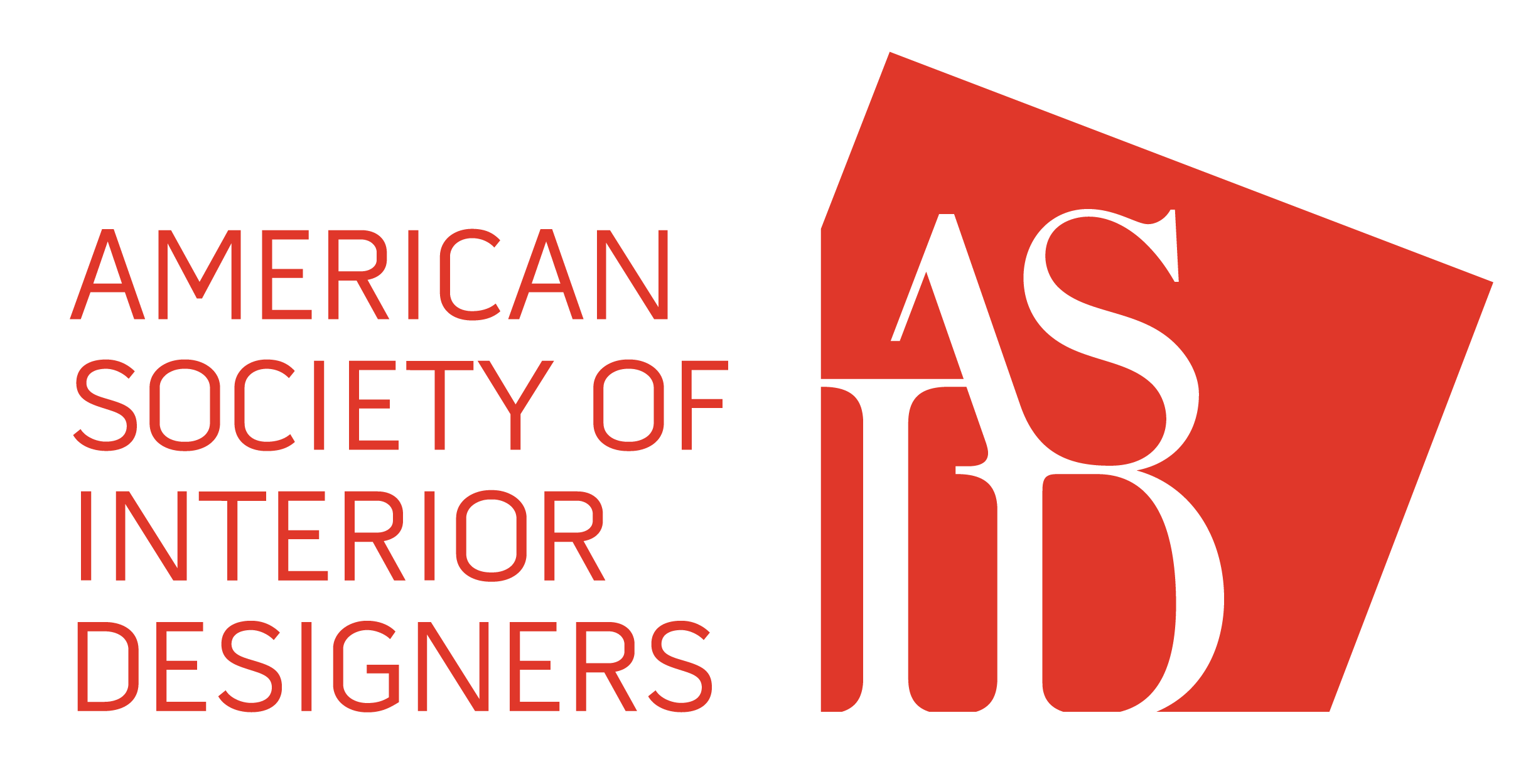How Fire Sprinklers Provide Design Flexibility in Your Building
A look at Specific Application Window Sprinklers vs. Traditional or Standard Sprinklers
Sponsored by Johnson Controls | Presented by Seth Wood
Webinar On-Demand
Learn how Specific Application Window Sprinklers are different than standard sprinklers, while also providing more flexibility in the building’s design as a result of codes and standards.

Photo courtesy of Johnson Controls

|
Seth Wood has been working for Johnson Controls for over 4 years and prior to joining Johnson Controls he worked as a fire protection consulting engineer in Boston, MA for 12 years. Seth has experience working on different types of buildings that are located throughout the world. Seth has a Bachelor of Science Degree in Architectural Engineering Technology from Wentworth Institute in Boston, MA. As a Business Development Manager, Seth works directly with Architects, Engineers, Owners, AHJ’s and Contractors to assist them with technical questions, design assistance, specification reviews and presentations on different fire suppression brands that Johnson Controls offers, such as Tyco, Ansul, Chemguard, AquaMist and Pyro-Chem. |
At Johnson Controls, we transform the environments where people live, work, learn and play. From optimizing building performance to improving safety and enhancing comfort, we drive the outcomes that matter most. We deliver our promise in industries such as healthcare, education, data centers and manufacturing. With a global team of 105,000 experts in more than 150 countries and over 130 years of innovation, we are the power behind our customers’ mission. Our leading portfolio of building technology and solutions includes some of the most trusted names in the industry, such as Tyco®, York®, Metasys®, Ruskin®, Titus®, Frick®, Penn®, Sabroe®, Simplex®, Ansul® and Grinnell®.
Originally published in PM Engineer
Originally published in November 2020
LEARNING OBJECTIVES
- Define a Specific Application Window Sprinkler and review the criteria for a sprinkler manufacturer to attain agency listing and building code equivalency.
- Summarize how traditional or standard sprinklers are different than Special Application Window Sprinklers.
- Identify the aesthetic concerns behind using 2-hour fire-rated glass as well as other related concerns.
- Define what a fire barrier is, a fire separation and other useful definitions that are found in the 2015 International Building Code (IBC) that apply to the use of the Specific Application Window Sprinklers.











